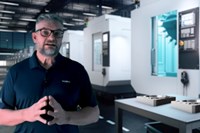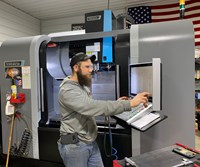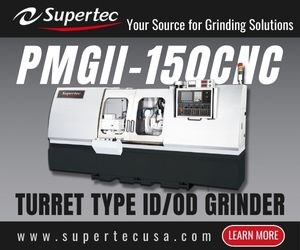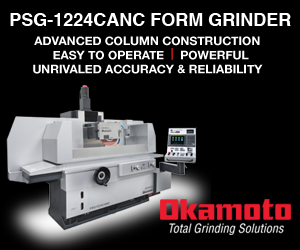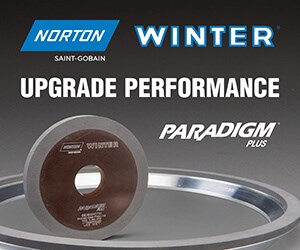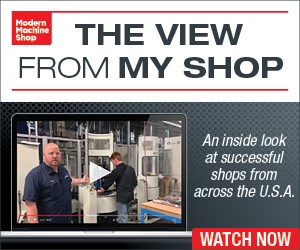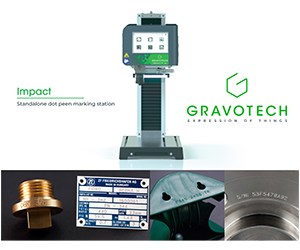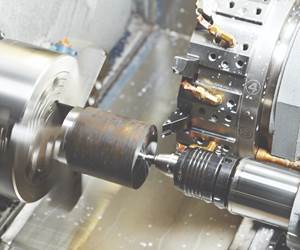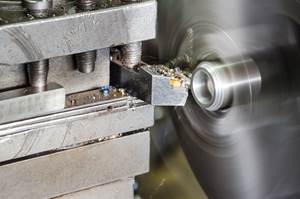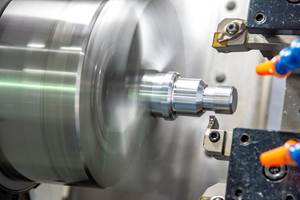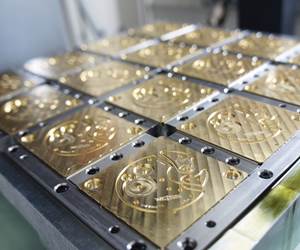United Grinding Celebrates 30 Years in Virginia Location
United Grinding recently celebrated 30 years in its Fredericksburg, Virginia location with a ribbon-cutting event opening a newly expanded and renovated facility.
Serving this small customer actually places greater demands on the equipment provider’s facility. The expansion in Fredericksburg is a response to these special demands. For example, tool grinding customers are less likely to request on-site training, because they often lack the space for this. A new 7,500-square-foot showroom and demonstration area in Virginia will provide ample space for training. Another requirement for all of United Grinding’s customers—but for the small tool grinding customers in particular—is for machine service needs to be addressed before they significantly affect uptime. A tool grinding company might lose a valuable contract if it unexpectedly loses the capacity to fill a time-sensitive order. Accordingly, the Virginia site has been expanded to make room for the larger staffing level appropriate to the growing customer base that this location is serving. Finding, hiring and equipping this additional staff is the task to which United Grinding is turning its attention now.
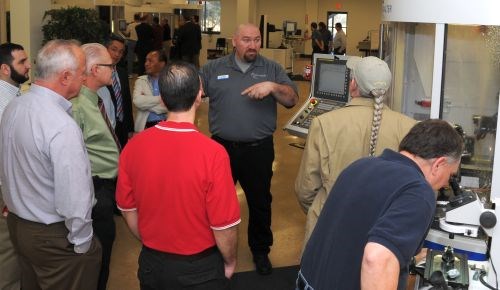
United Grinding’s Paul Ehrlich describes the Walter Helitronic Micro CNC tool grinder to a group of attendees to the company event.

One of the attendees to the event was Congressman Rob Wittman of Virginia. Application engineer Robby Faulkner describes knee implants machined on the Walter equipment.
Related Content
Buying a Lathe: The Basics
Lathes represent some of the oldest machining technology, but it’s still helpful to remember the basics when considering the purchase of a new turning machine.
Read MoreChoosing Your Carbide Grade: A Guide
Without an international standard for designating carbide grades or application ranges, users must rely on relative judgments and background knowledge for success.
Read MoreThreading On A Lathe
The right choices in tooling and technique can optimize the thread turning process.
Read MoreWatchmaking: A Machinist’s View
Old-world craftsmanship combines with precision machining on a vertical machining center and Swiss-type lathe to produce some of the only U.S.-made mechanical wristwatch movements.
Read MoreRead Next
3 Mistakes That Cause CNC Programs to Fail
Despite enhancements to manufacturing technology, there are still issues today that can cause programs to fail. These failures can cause lost time, scrapped parts, damaged machines and even injured operators.
Read MoreThe Cut Scene: The Finer Details of Large-Format Machining
Small details and features can have an outsized impact on large parts, such as Barbco’s collapsible utility drill head.
Read More
.jpg;width=70;height=70;mode=crop)



